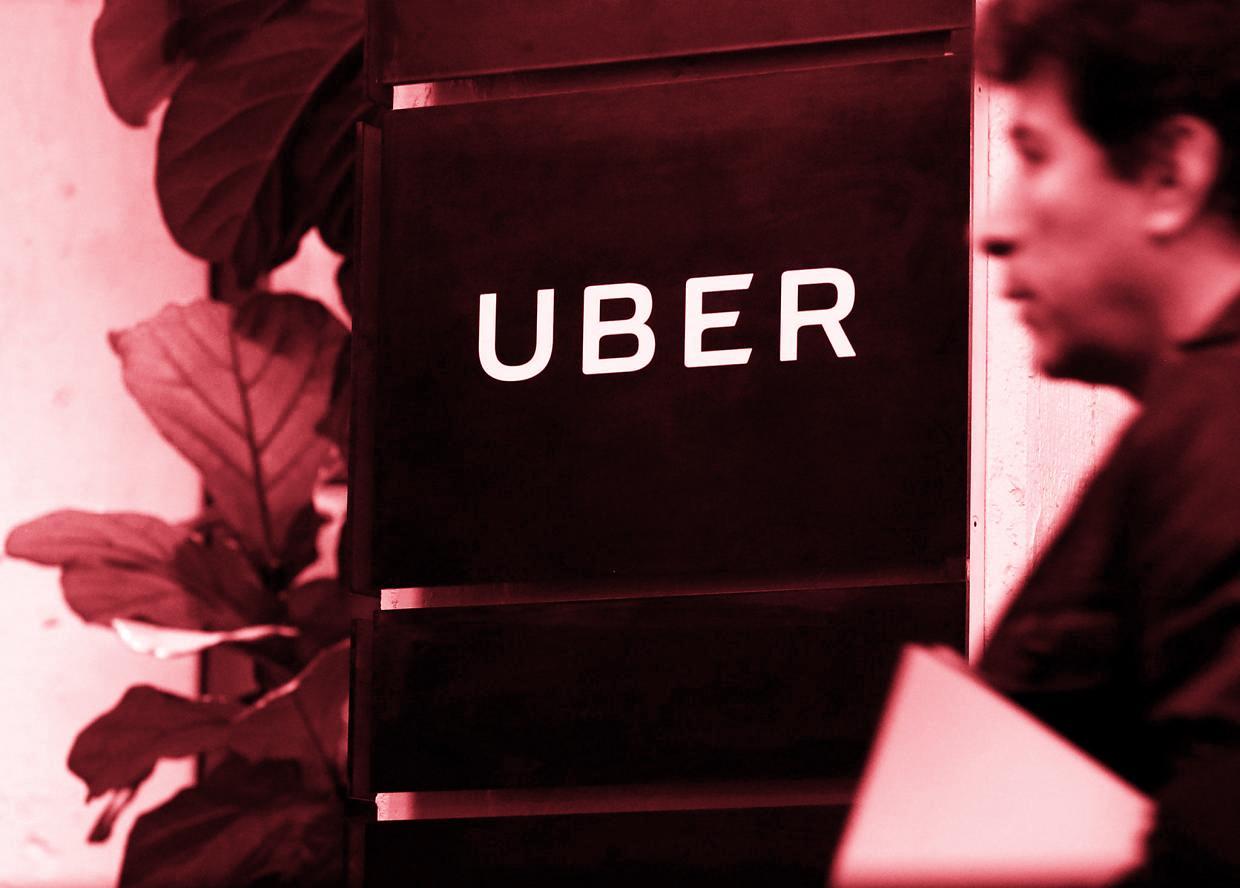Here's why the taxi industry should be regulated, even if it means no more Uber and more expensive rides
Those who call for the deregulation of professions fail to understand that all markets are socially embedded


Your support helps us to tell the story
From reproductive rights to climate change to Big Tech, The Independent is on the ground when the story is developing. Whether it's investigating the financials of Elon Musk's pro-Trump PAC or producing our latest documentary, 'The A Word', which shines a light on the American women fighting for reproductive rights, we know how important it is to parse out the facts from the messaging.
At such a critical moment in US history, we need reporters on the ground. Your donation allows us to keep sending journalists to speak to both sides of the story.
The Independent is trusted by Americans across the entire political spectrum. And unlike many other quality news outlets, we choose not to lock Americans out of our reporting and analysis with paywalls. We believe quality journalism should be available to everyone, paid for by those who can afford it.
Your support makes all the difference.Why license taxi cabs at all? It’s a question we might well ask, in the wake of the stunning decision by Transport for London to revoke Uber’s right to operate in the capital.
Licensing cabs diminishes competition because not every prospective provider of taxi services gets one. This is even more true where local authorities (although this doesn't happen in London) deliberately ration the total number of licences issued.
This regulation makes travelling by taxi more expensive for the public than it otherwise would be.
The excess profit flows into the pockets of the taxi drivers (or taxi companies) with licences.
So why not simply scrap licensing and instantly make customers financially better off? Why not redistribute from producers to consumers? Whose side are you on?
This is the kind of economic argument one hears from libertarians, and technological “disruptors” of existing industries such as Uber’s founders. Yet it does not take too much thought to see the problem with this kind of deregulatory proposal.
Imagine if pretty much anyone was allowed to drive a car to the airport and pick up disoriented tourists, charging whatever they could get away with. Imagine if we permitted anyone with a vehicle to cruise around city centres on a Saturday night, offering to drive the inebriated home for cash.
The libertarians are quite right that state licensing creates higher profits for providers of these services than would otherwise exist. Yet this is a cost we, as a society, are willing to bear. Why? Because it’s clear to most of us that the alternative of a free-for-all would be worse.
The fear of the nasty consequences of such a free-for-all is why we require doctors to train for up to 16 years before we allow them to treat people in hospitals. It’s why we require pharmacists to attain certain qualifications before we allow them to run a chemist.
It’s why pilots have to pass recognised exams and have a certain number of flight hours under their belt before they can work in the aviation industry. It’s why those who want to look after other people’s savings have to be vetted by the financial regulator.
Those who call for the deregulation of professions fail to understand that all markets are socially embedded. We allow them to function only in a wider regulatory framework that guarantees certain standards and oversight of practitioners.
Those who argue that the framework is unnecessary, fail to grasp the fact that without the framework there might be no market at all. Trading in a totally unregulated market is liable to be thin and outcomes unsatisfactory. The signal of quality conveyed to the user of a service by regulation plays a vital economic role in facilitating the economic transaction in the first place.
Transport for London has ruled that Uber’s failure, among other things, to properly investigate complaints against its drivers makes it unfit to hold an official licence. It’s perfectly possible to agree or disagree, based on the evidence that has been made available, on whether TFL’s decision was warranted.
One can argue about whether TFL has cravenly capitulated to the lobbying of traditional black cab drivers, whose livelihoods were threatened by Uber. We can discuss the capture of regulators by vested producer interests. It’s naïve to imagine that such capture doesn’t happen - in some countries authorities really have been in thrall to vested interests in the traditional taxi sector. And. as the Office of Fair Trading concluded in 2003, there's really no compelling economic or social case for authorities rationing the quantity of licences.
Yet we have, nevertheless, to start from a basis of realism about the social framework for the exchange of goods and services in any modern and complex economy where buyers and sellers have never met and may well never interact again. The advent of a new technology such as Uber’s app, even with its transparency over prices and the ability of customers to rate drivers, does not change the fact that the broader market for taxi services is socially embedded.
TFL had every right to make a judgement about whether the company was fit to run taxi services in the capital’s streets. Indeed, as citizens and consumers, we demand it.
Join our commenting forum
Join thought-provoking conversations, follow other Independent readers and see their replies
Comments